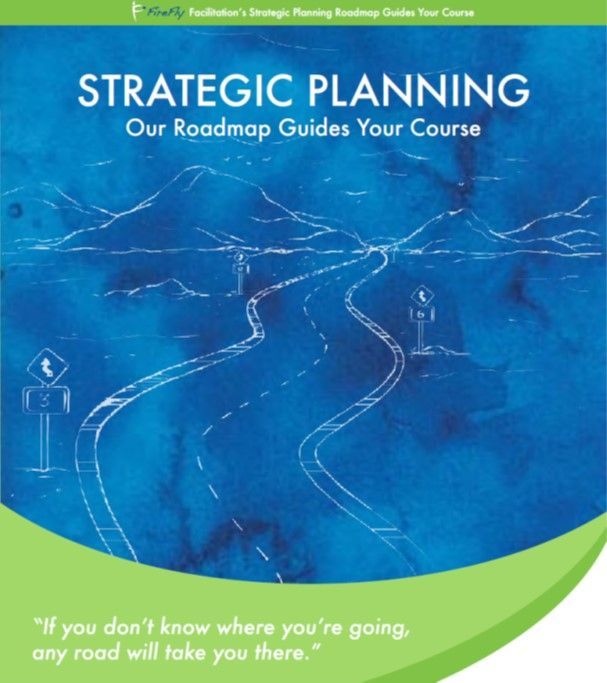The Three Creative Myths
Why do we abandon the creativity we had as children? Perhaps because we’ve bought into these myths.
Did you know that all fireflies glow when they are first born, but some actually lose that ability when they become adults? How amazingly similar to what happens to so many individuals!
Enter into the world of small children, and you’ll instantly be whisked away into the realm of imagination. First, you’re attending a tea party at the palace of a princess, then you’re selecting your gown for a royal ball, and the next moment you’re hiding from monsters. Each of these make-believe scenarios is accomplished with minimal props and none begins with a brainstorming session. Children don’t have to be coached to be creative. They just are.
One of the tragedies of maturing is the dampening of our creative spark. Somewhere along the way our imagination quits functioning reflexively, and we have to plan to be creative. In particular, we shun creativity at work. Our days revolve around routine. We check the usual boxes and go about our business without plugging in to the illuminating electricity of our creative potential.
Why do we abandon creativity? Most likely because we’ve bought into the three creative myths.
Myth #1
Creativity is something you either have or you don’t, like blue eyes, brown hair, or left-handedness. It is, most people believe, a trait you are born with or without.
Myth #2
Being creative is something you do as opposed to something you are. This mindset lends itself to fairly harsh judgment of our own creativity based upon the value of output versus the ingenuity of the thinking.
Myth #3
There are a limited number of creative geniuses, a la Pablo Picasso. The negative impact this myth inflicts upon teams can be devastating. When one or two individuals on the team are held up to be the “creative” ones, the remaining members shrink back to the sidelines, waiting to hear what has been decided.
In my next post, I’ll pass along ideas to help you combat these myths in your organization.






